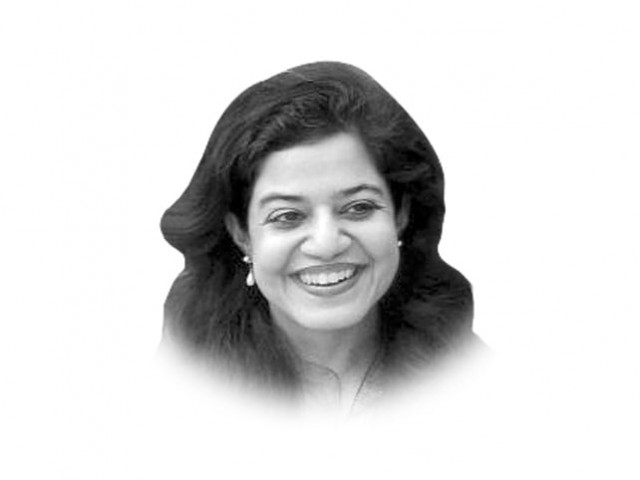The road much travelled
Besides its temples, lights and exquisite saris, Banaras is also famous for being home to Agha Hashar Kashmiri.

From Allahabad, Mr Abidi went to Banaras, arguably the oldest city in the world and famous for its ghats. Located at the banks of the Ganges, Banaras gets its name from the rivers Varuna and Assi, which meet the Ganges at this point. Attempts to change its name have never been successful: it was once renamed Mahmoodabad, but the name did not stick even for a day and Varanasi, too, is confined to official usage. Besides its temples, lights and exquisite saris, Banaras is also famous for being home to Agha Hashar Kashmiri — the famous Urdu poet and playwright who had created the legend of Anarkali; married the beautiful dancer Mukhtar Begum; and had given Indian and later Pakistani cinema some of their most enduring stories. His nephew was still residing in Banaras in 1985 and, in visiting him, Mr Abidi found himself transported to an era where the love of art still transcended all religious and social boundaries.
There was, however, not much time for nostalgia. Soon Mr Abidi hopped on a bus to Sasaram — the town in Bihar where Sher Shah was born and buried — mainly to visit Sher Shah’s tomb, which he discovered was not only as grand as any Mughal building but also located on an island in the middle of a large lake which seemed to emerge magically from the water itself. Upon enquiry, Mr Abidi was told that the credit for preserving the tomb was almost entirely due to one Mr Doobey, who had made it his life mission to ensure that Sher Shah (and by extension Sasaram) was given its due recognition. Ruminating on the devotion of a Hindu for a Muslim ruler, Mr Abidi started towards the original fort of Rohtas located in the mountains surrounding the town, which Sher Shah had not only conquered, but also cherished enough that hundreds of miles away, near the banks of River Jhelum, he had constructed another fort and named it Rohtas. Alas, his visit to the original Rohtas was not meant to be due to fear of dacoits, who were reputed to haunt the area.
Somewhat disappointed, Mr Abidi continued his journey towards Calcutta. En route, he pondered over the fate of many towns that had once lived and prospered along this road, but which, after the advent of the railroad in 1858, became relegated to history’s footnotes. He wondered if towns, like men, did not have their own destiny according to which they lived and died. Before long, however, Mr Abidi was in Calcutta and at the end of his journey. He marvelled at this city which was once the gateway to the British but which now seemed to be weighed down by history, population and sheer size. Meandering through mandirs, mosques and crowds of humanity, Mr Abidi finally reached the Botanical Gardens. When he went up to the guard to confirm whether or not the road ended there, the guard looked at him in surprise and said: “Ends? Array sahib this is where it begins”.
Mr Abidi turned away, suppressing perhaps a little smile, at the wisdom of Sher Shah who with the help of a little ambiguity had won hearts at either end of his domain and allowed his people to feel pride in, and ownership of, the road that passed through and connected their land.
Published in The Express Tribune, December 28th, 2011.















COMMENTS
Comments are moderated and generally will be posted if they are on-topic and not abusive.
For more information, please see our Comments FAQ